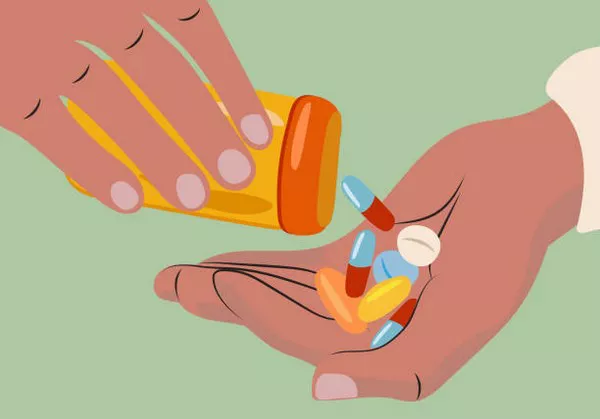Weight-loss drugs have emerged as a significant player in the pharmaceutical industry, promising to reshape the economic landscape as they tackle the global obesity epidemic. With major pharmaceutical companies like Novo Nordisk and Eli Lilly leading the charge, the sector is poised for considerable growth. Here’s a closer look at these drugs, their market potential, and the broader implications for various industries.
Overview of Weight-Loss Medications
Weight-loss medications, primarily GLP-1 receptor agonists, have become prominent in the fight against obesity. Notable examples include:
- Mounjaro (Eli Lilly)
- Zepbound (Eli Lilly)
- Ozempic (Novo Nordisk)
- Wegovy (Novo Nordisk)
These medications primarily contain semaglutide, a compound that mimics the GLP-1 hormone to regulate appetite. This results in reduced food intake and weight loss. Mounjaro and Zepbound, which also target the GIP receptor, have shown superior effectiveness compared to Ozempic and Wegovy, which focus solely on GLP-1 receptors. Besides aiding weight loss, these drugs also improve blood sugar control and offer cardiovascular benefits. However, their high cost—up to $1,000 per month—remains a significant concern for users.
Market Potential and Economic Impact
The global obesity epidemic presents a massive market for weight-loss solutions. With over 1 billion people affected by obesity worldwide and nearly 80% of American adults categorized as obese or overweight, the demand for effective weight-management drugs is substantial. The World Health Organization and CDC report highlight the urgent need for these medications to manage comorbidities such as diabetes and cardiovascular diseases.
Market analysts forecast the weight-loss drug market could reach $150 billion annually by 2033. As the market grows, competition may drive price adjustments, potentially leading to a price war. For now, the demand exceeds supply, and the rise in off-label prescriptions—where drugs are used for non-FDA-approved purposes—could affect availability for those seeking weight-loss treatment.
Healthcare and Insurance Sector Adaptations
The advent of weight-loss drugs may reduce costs associated with managing chronic diseases. Lower obesity rates could decrease the need for expensive medical interventions and hospital admissions, impacting healthcare revenues and costs. However, this may also lead to reduced demand for products like insulin and statins, affecting pharmaceutical companies in those sectors.
Health insurers face a complex decision: whether to cover these medications, given their high cost and uncertain long-term benefits. While covering these drugs may lead to short-term financial strain, it could ultimately result in substantial savings from reduced obesity-related claims. Life insurers could benefit from increased lifespans and healthier populations, leading to higher premiums and deferred payouts.
Changes in Consumer Spending Habits
Weight-loss medications may influence consumer behavior, particularly in the food and beverage industry. As users shift towards healthier eating, companies like Nestle and Mondelez may see increased demand for low-calorie, protein-rich foods. Conversely, sales of junk food could decline. This shift could create new opportunities for food manufacturers to align their products with health-conscious consumers.
Alcohol companies, too, are adapting. Diageo’s investment in alcohol-free beverages like Guinness reflects a broader trend towards healthier lifestyle choices. Additionally, if GLP-1 drugs reduce cravings beyond food—potentially impacting alcohol, nicotine, or opioid use—the effects could be far-reaching, influencing multiple sectors.
Long-Term Viability and Market Dynamics
The sustainability of GLP-1 weight-loss drugs remains uncertain. While current demand is high, there’s a question of whether these treatments will be a lasting solution or merely a temporary trend. Historical patterns suggest that weight-loss regimens often fade, but the convenience of new medications might change this dynamic.
As supply increases, the effectiveness and impact of discontinuing medication on consumer behavior will become clearer. The potential for these drugs to either sustain healthy habits or lead to relapse will influence their long-term role in weight management.
Conclusion
Weight-loss drugs are set to revolutionize various sectors, from healthcare to consumer goods. For investors, the landscape is dynamic, presenting both opportunities and risks. Companies across industries—from insurers to food manufacturers—will need to navigate these changes to capitalize on the shifting market. This evolving space is one to watch closely as it continues to develop and impact the broader economy.


